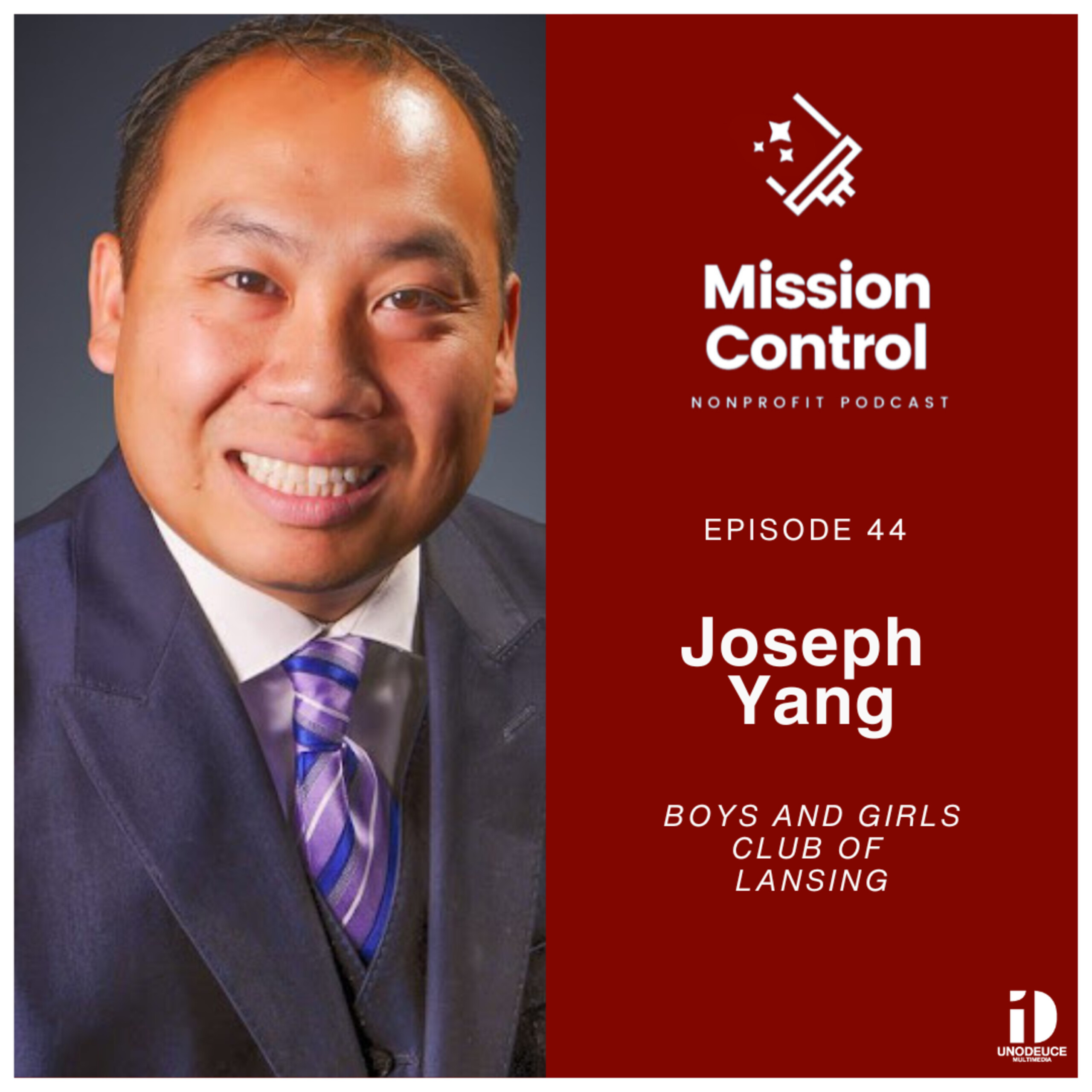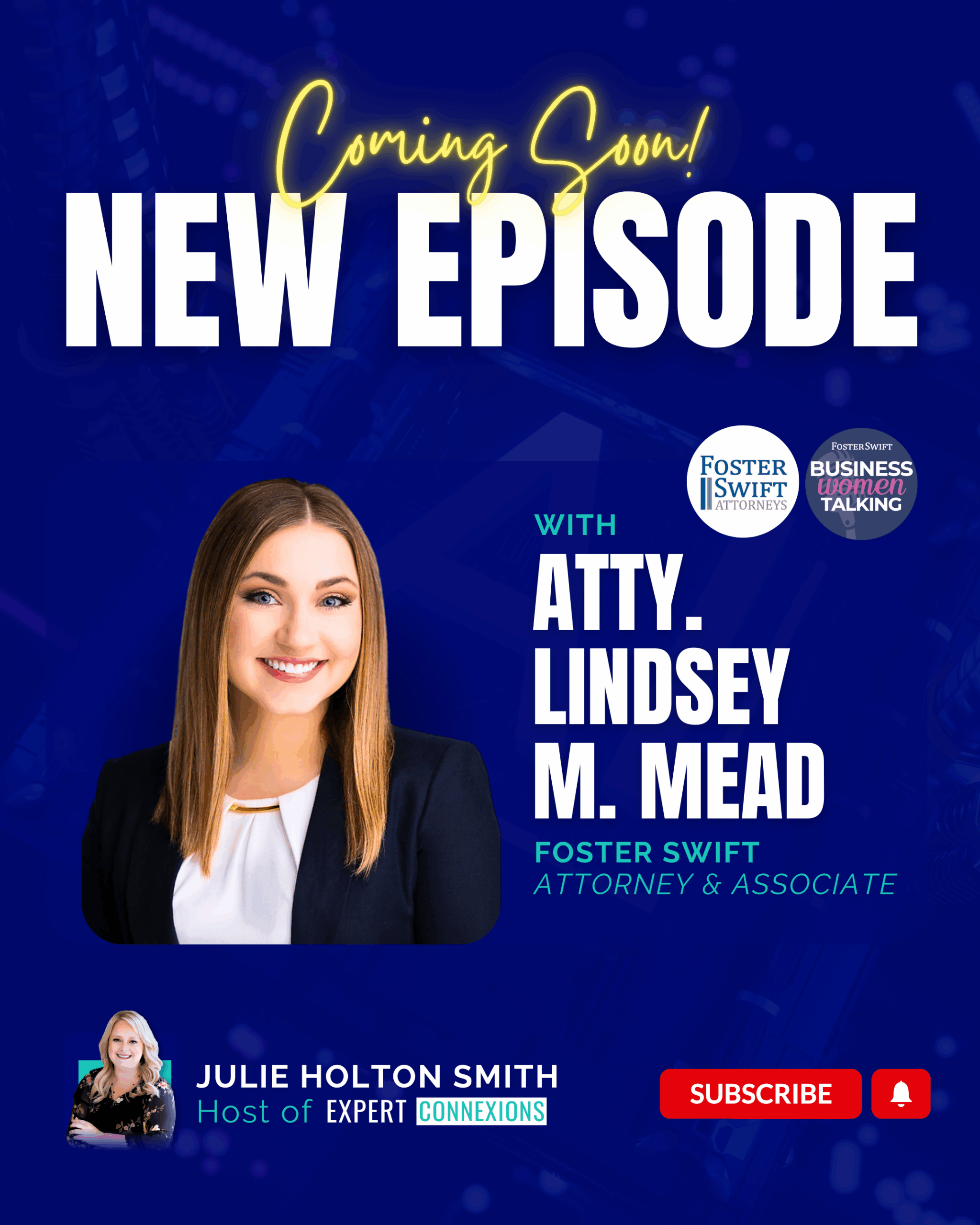EXPERT CONNEXIONS: The Hypeman’s Playbook: Art of Pitch Power
EXPERT CONNEXIONS: The Hypeman’s Playbook: Art of Pitch Power
Tired of pitches that fall flat? Ready to become the ONLY choice instead of just another option?
In our next episode from the Startup Grind Global Conference 2025, host Julie Holton Smith sits down with Rajiv ‘RajNATION’ Nathan, the Chief Pitch Artist and mastermind behind the Que PASA Elevator Pitch Formula® that’s helped founders raise as much as $20 million and crush their sales quotas.
What You’ll Master:
✅ Why “Don’t be the best, be the ONLY” transforms how investors see you
✅The fatal mistake 90% of startups make in their pitch decks (hint: it’s not about features)
✅ How to make your audience feel SEEN instead of sold to
✅ The secret to turning skeptical listeners into co-creators of your vision
✅ Real examples from NavFlex and other winning pitches that raised millions
Raj reveals why successful founders stop positioning against competition and start creating their own category. This isn’t theory — these are actual strategies.
About Our Host:
Julie Holton Smith is a marketing strategist, entrepreneur, and communications expert who helps businesses and nonprofits amplify their impact. As the founder of mConnexions and host of Expert Connexions, she brings insightful conversations with industry leaders to help you grow and lead with intention.
www.mconnexions.com
About Our Guest:
Rajiv ‘RajNATION’ Nathan is a Chief Pitch Artist, Startup Hypeman, and Startup Grind Chicago Chapter Director. For nearly a decade, Raj has perfected the art of storytelling for startups, helping visionaries raise capital, improve sales close rates, and build market-leading brands.
www.startuphypeman.com










